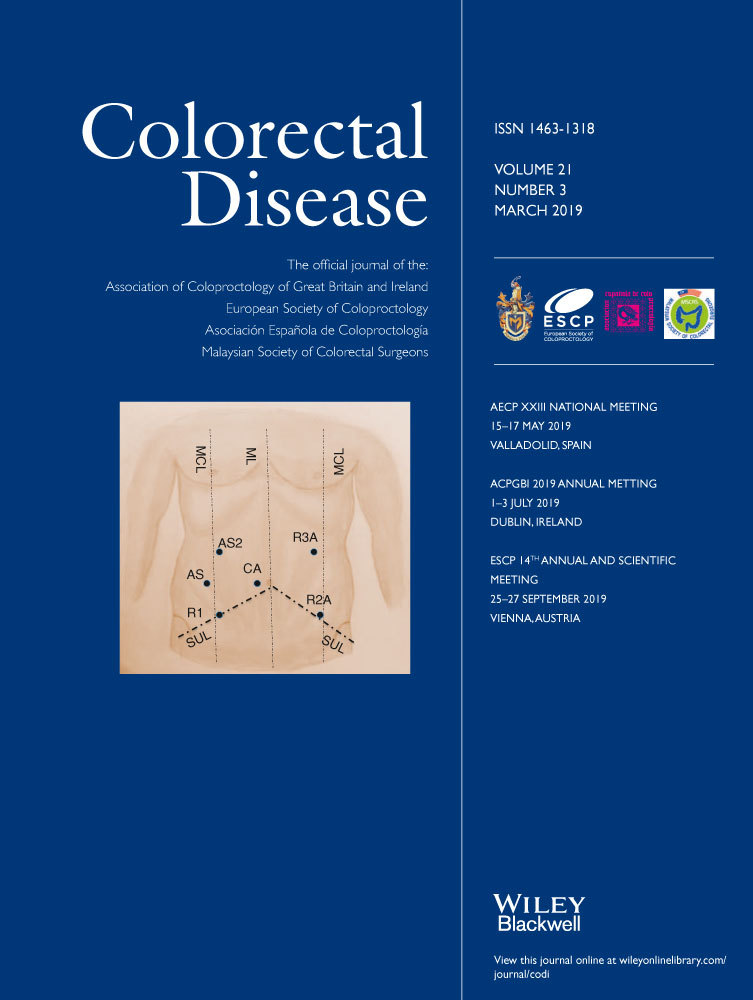Redo ileal pouch-anal anastomosis: outcomes from a case–controlled study by Rossi et al.
Rossi et al. 1 have put together a matched series of redo pouches as compared to primary pouch construction with regard to both short term morbidity and longer term functional results. Pouch revision or reconstruction is an important topic to highlight as up to 3–15% of pouches will fail, largely due to pelvic sepsis following the initial pouch construction. Without an option for pouch revision or reconstruction, these young patients would be subjected to a permanent stoma. In highly selected patients, treated at a high-volume pouch center with reconstructive experience, patients may do very well following pouch reconstruction as has been previously reported 2, 3. Similar to these previous series, Rossi et al. underscored the finding that patients can do well after pouch construction, especially when performed in a trans-abdominal fashion. In this series, the authors eloquently report that a trans-abdominal pouch reconstruction proved superior to a transanal pouch reconstruction with less need for re-intervention and superior long-term functional results. In fact, bowel function, quality of life and sexual function not differ between a trans abdominal reconstructive pouch and primary pouch construction. And, 85% of patients had conservation of their pouch following trans-abdominal reconstruction. These findings highlight that patients with pouch failure can be salvaged with a reconstruction pouch and expect good outcomes, when carefully selected and performed in high volume centers.




